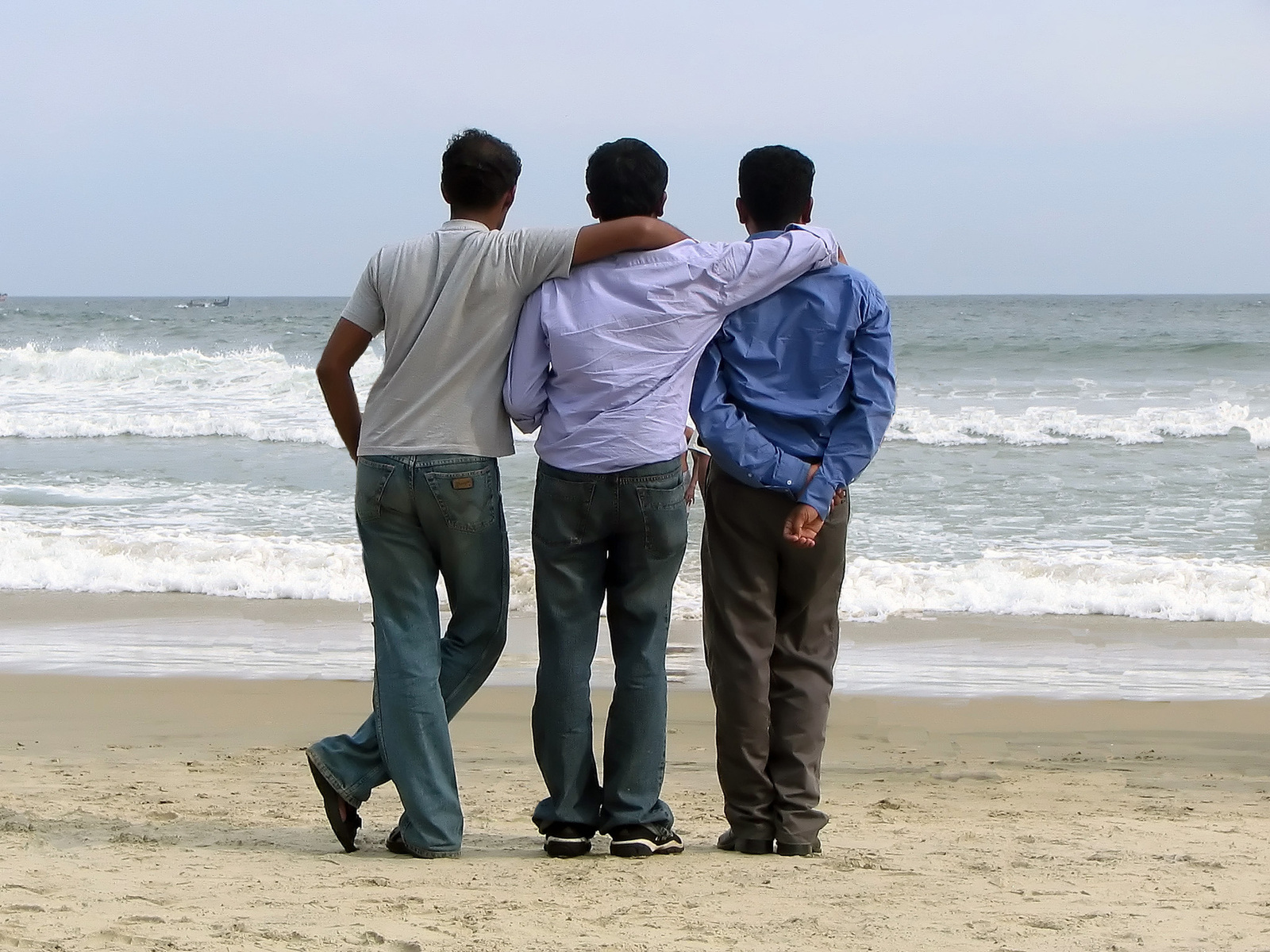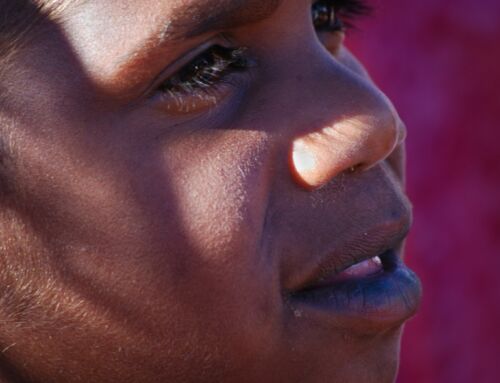A critical part of providing palliative care is affirming the person’s individual identity, their life story, relationships and concerns. If their sexuality is an important part of who they are, then it should also be an important part of their end of life care.
It is important that palliative health care services understand the health and caring requirements of Lesbian, Gay, Bisexual, Transgender and Intersex (LGBTI) people. Respectful, appropriate, confidential and well-informed care is crucial.
Many LGBTI people have strong family and social networks, but for some who are not in close contact with their families, their options for where they can be cared may be reduced. Also some LGBTI people are not open about their sexuality, and family and friends may not be aware of their relationships. This may mean that the person who is ill, or their partner, may not be openly acknowledged, and their preferences to have their partner advocate for them may not be recognised by the family.
LGBTI people in relationships which are not recognized under the law may need to give Power of Attorney to their partners to ensure they are not excluded from participating in important decision making about the care of their partner. It is the duty of health professionals to recognise a partner’s rights in end-of-life decision making, in the face of family opposition or ignorance.
If the person wishes to have end of life care provided at home, they may need to ‘come out’ to health professionals regarding their sexuality. This can sometimes result in unsatisfactory communication between carers and health professionals. Discrimination in the provision of health care is unlawful. The Australian Charter of Health Care Rights describes the rights of consumers using the Australian health system.



